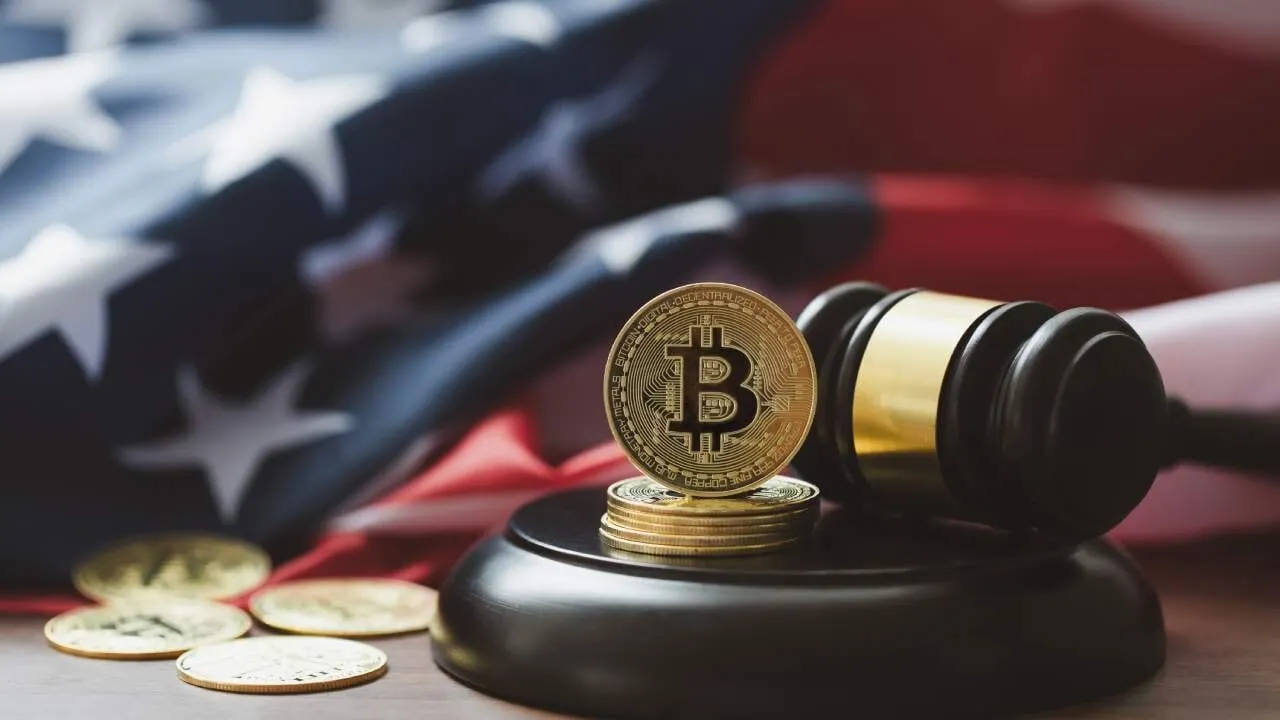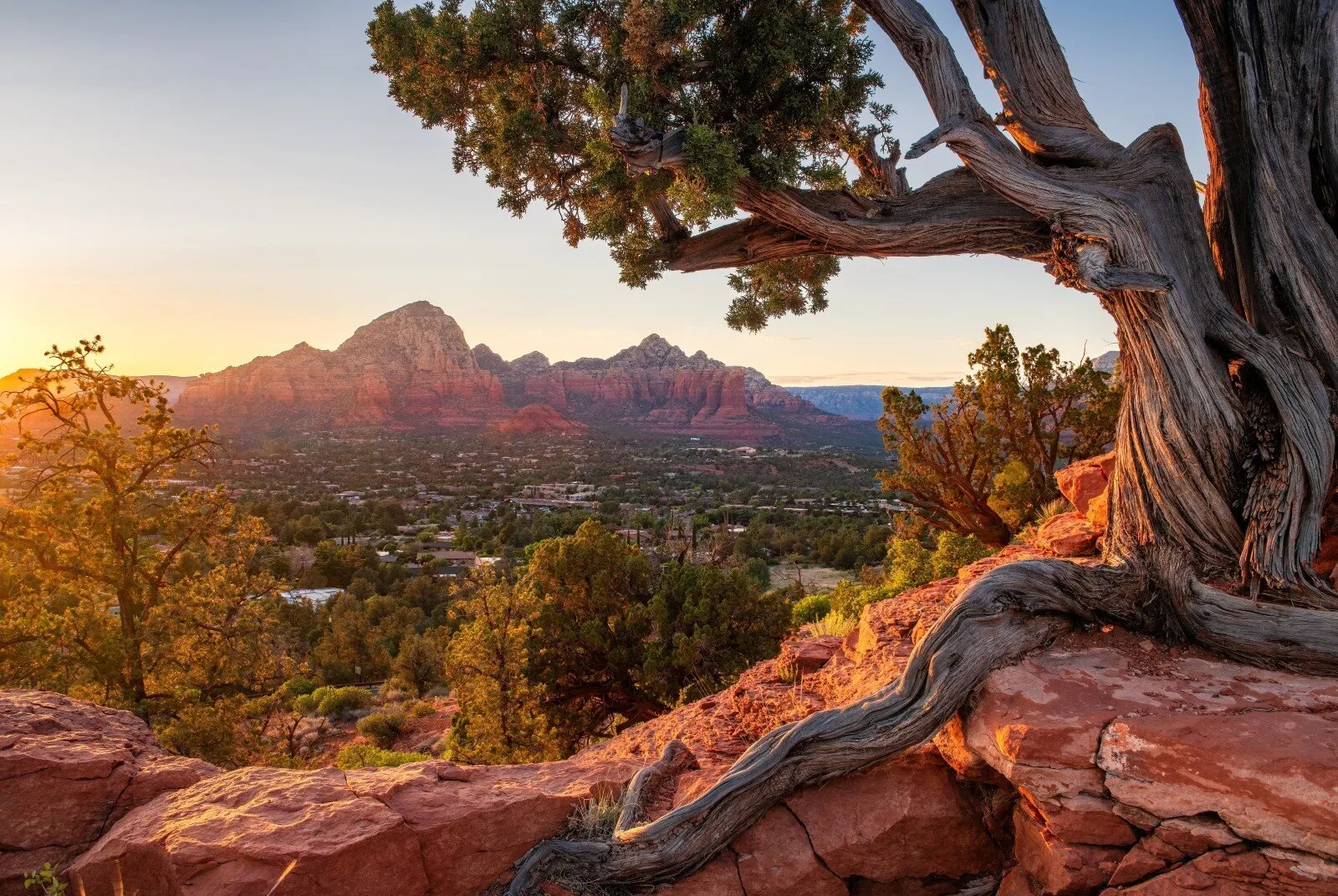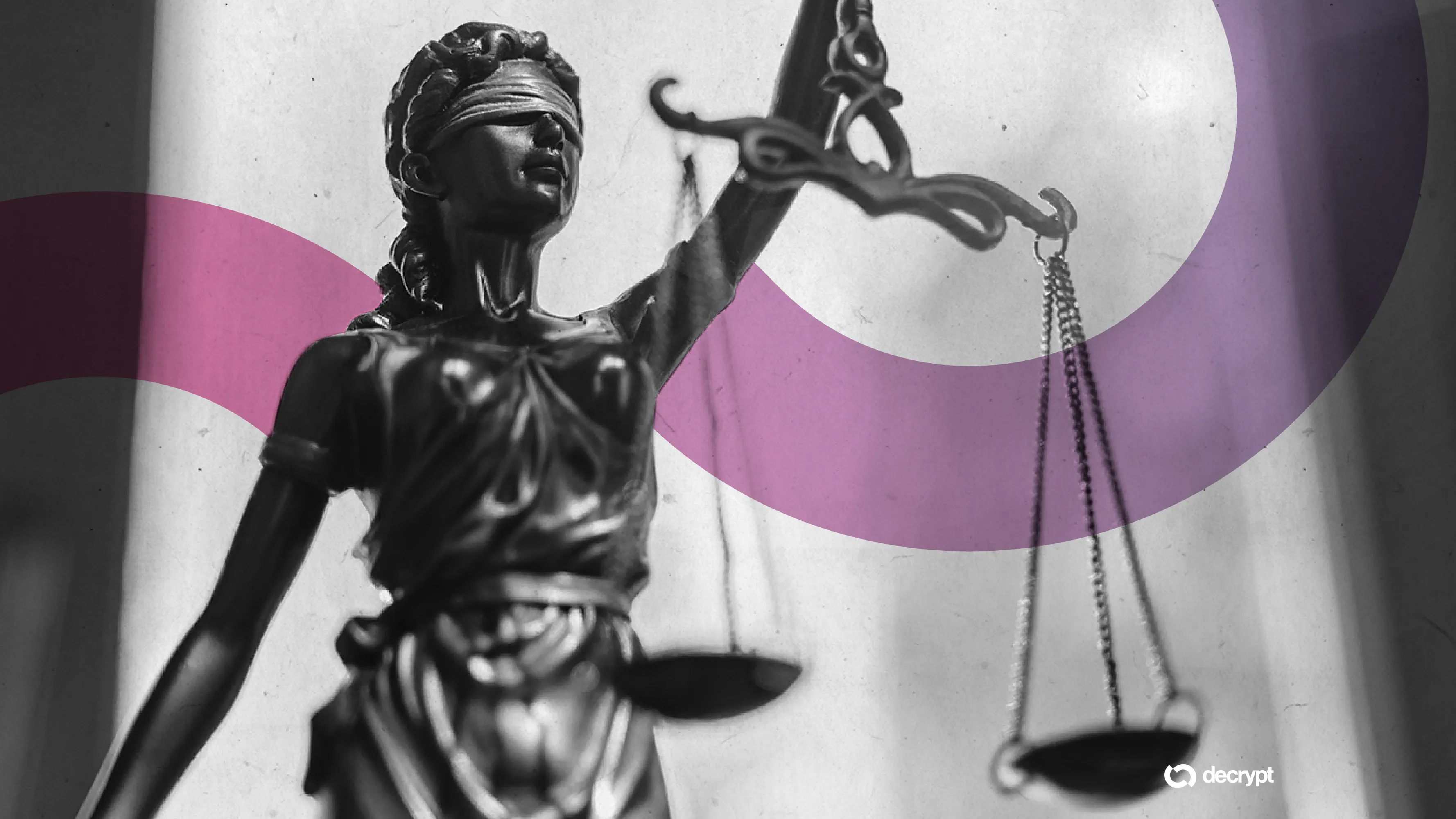In brief
- Arizona Governor Katie Hobbs vetoed SB 1024 and SB 1373, the latter a complementary custody bill to the Bitcoin investment plan blocked last week.
- SB 1025, vetoed earlier, would have allowed up to 10% of state treasury and retirement funds to be invested in Bitcoin.
- Hobbs signed HB 2387, imposing strict fraud prevention, transaction caps, and compliance rules on crypto ATM operators.
On Monday, Arizona Governor Katie Hobbs vetoed two crypto-related bills aimed at expanding the state’s use of digital assets, while quietly signing an enforcement-heavy measure regulating crypto ATMs.
Among the vetoed proposals was Senate Bill 1373, which would have established a Digital Assets Strategic Reserve Fund to hold crypto obtained through seizures or legislative appropriations.
The bill did not authorize the use of public funds to acquire digital assets but proposed a framework for custody and management. Hobbs rejected it, citing market instability.
“Current volatility in cryptocurrency markets does not make a prudent fit for general fund dollars,” Hobbs wrote in a veto letter addressed to Senate President Warren Petersen.

These States Have Rejected Bitcoin Reserve Bills
Some state-level Bitcoin reserve proposals across the U.S. have hit roadblocks, after multiple states rejected bills to invest public funds in the leading crypto. Of the 50 U.S. states, over half have introduced or are considering legislation related to Bitcoin reserves or investments in digital assets, but the fate of many of these bills remains uncertain. Some have made it over the line, establishing the framework for state crypto reserved, but others have already fallen short. Here’s a look...
Her veto followed last week’s rejection of Senate Bill 1025, the more prominent “Arizona Strategic Bitcoin Reserve Act,” which would have permitted up to 10% of state treasury and retirement funds to be allocated to Bitcoin or other digital assets.
While SB 1373 dealt with digital assets the state already possessed or seized, SB 1025 would have committed taxpayer-backed portfolios, including retirement savings, to acquire Bitcoin and other digital assets on the open market.
With this rejection, Arizona joined at least nine other states that have formally blocked similar Bitcoin reserve legislation, as per Bitcoin Laws data.
On Monday, the Arizona Governor also nixed Senate Bill 1024, which would have allowed Arizona agencies to accept crypto payments for fines, taxes, and fees through agreements with vetted service providers.
The official acknowledged the bill’s intention to insulate the state from volatility but said it “still leaves the door open for too much risk” in her veto letter.

Arizona Governor Nixes Bitcoin Bill, Companion Crypto Fund Still in Limbo
Arizona Governor Katie Hobbs on Friday vetoed Senate Bill 1025, known as the "Arizona Strategic Bitcoin Reserve Act," blocking a legislative push to allow state treasurers and retirement systems to allocate up to 10% of state funds into Bitcoin and other crypto. In a letter addressed to Senate President Warren Petersen, Hobbs said the Arizona State Retirement System is “one of the strongest in the nation” due to “sound and informed investments,” and that “retirement funds are not the place” to t...
Regulating ATMs
The only crypto-related legislation to win her signature was House Bill 2387, a detailed regulation of crypto kiosks and ATMs.
The new law mandates that kiosk operators display multilingual fraud warnings, issue receipts with transaction hashes and wallet addresses, and use blockchain analytics to avoid transferring funds to wallets flagged for fraudulent activity.
It caps total transactions for new customers at $2,000 per day and $10,500 for existing customers at the crypto ATMs.
The crypto ATM operators must offer 24/7 live customer support and document every transaction in compliance with anti-money laundering protocols, as per the bill.

Arizona Passes Unclaimed Crypto Law After Vetoing Reserve Last Week
Arizona Governor Katie Hobbs (D-AZ) signed House Bill 2749 into law on Wednesday, introducing provisions to allow the state to retain unclaimed digital assets in their original form. The bill, led by House Commerce Committee Chairman Jeff Weninger (R-AZ), modernizes Arizona’s unclaimed property laws to account for crypto by identifying, collecting, and safeguarding unclaimed digital assets and allowing the state to maintain its value instead of liquidating it. Under the new law, digital assets...
Despite vetoing the core crypto-forward bills this session, Hobbs has not shut the door entirely on digital asset regulation.
On Wednesday, the governor signed House Bill 2749 into law, a notable move that updates Arizona’s unclaimed property laws to include digital assets.
That bill, led by House Commerce Committee Chairman Jeff Weninger, allows the state to retain unclaimed crypto in its original form, rather than liquidating it into fiat.
Edited by Sebastian Sinclair




